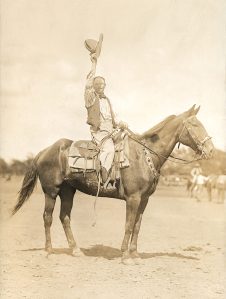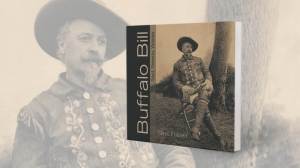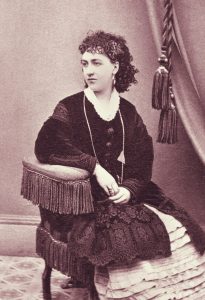The World in Depression, 1929-1939
by Charles Kindleberger, University of California, 1973
Reminding us that the Great Depression was a worldwide phenomenon, Kindleberger finds its origins in the instability of an international economy that, before World War I, had been anchored by Britain. The United States set the stage for a catastrophe by refusing in the 1920s to take over the British role as lender and buyer of last resort. “When every country turned to protect its national private interest, the world public interest went down the drain, and with it the private interests of all.” A spider web graphic depicting the death spiral of world trade from January 1929 to March 1933 is a vivid rebuke to those who today believe that America can find economic salvation through unilateralism and protectionism.
The Presidency of Herbert C. Hoover
by Martin L. Fausold, University of Kansas, 1985
Fausold shatters the popular image of Hoover as a rugged individualist and laissez-faire ideologue. As much progressive as conservative, Hoover pursued a well-defined vision of “ordered freedom” and a “corporatist balance” in which business, labor and agriculture voluntarily accepted the guiding hand of government. In the end, however, he rejected strong national supervision of the banking system, federal involvement in local relief, and compulsory regulation of the industrial and agricultural economies. Fausold suggests that Hoover’s ultimate failing as president was a bloodless rationalism that prevented him from feeling the plight of so many displaced Americans.
Roosevelt: The Lion and the Fox
by James MacGregor Burns, Harcourt Brace, 1956
A foundational book that established the basis for many of the future arguments about its protagonist, this thoughtful biography focuses on the Depression years. Combining the skills of a literary artist with the insights of a political scientist and writing from a perspective on the left wing of the Democratic Party, Burns cheers on the accomplishments of the New Deal while lamenting its shortcomings. He finds Roosevelt wanting as political economist, ultimately ineffective as Democratic Party chieftain and “less a great creative leader than a skillful manipulator.” Withal, FDR’s achievement as a president who forged an emotional bond with his people shines through.
The Forgotten Man
by Amity Shlaes, Harper Collins, 2007
Finding a presidential model in the relative passivity of Calvin Coolidge, Shlaes criticizes both Hoover and Roosevelt. Like other conservative critics, she convincingly demonstrates that many New Deal regulatory and social welfare programs provided benefits to Americans but failed to end the Depression, and may have prolonged it. A particularly effective touch is her juxtaposition of Roosevelt with Wendell Willkie, the electric utility executive who donated money to FDR’s 1932 campaign, saw his company chewed up by the New Deal and became Roosevelt’s Republican opponent in the 1940 election. Her critique is cogent in many respects, but is Coolidge really an exemplar for the 21st century?
Hard Times: An Oral History of the Great Depression
by Studs Terkel, Pantheon, 1970
Terkel’s brief interviews include many notables— politicians, demagogues, policy intellectuals, radicals, liberals and conservatives. But ordinary people affected by incomprehensible forces beyond their control speak most powerfully of the human costs of economic disasters. The African-American sociologist Horace Clayton recalls what down-and-out black Chicagoans did with their work relief salaries: “First they’d buy some clothes. And…get a little better place to live. The third thing was to get your teeth fixed.”
Alonzo Hamby, Distinguished Professor of History at Ohio University, is the author most recently of For the Survival of Democracy: Franklin Roosevelt and the World Crisis of the 1930s.
Originally published in the April 2009 issue of American History. To subscribe, click here.




